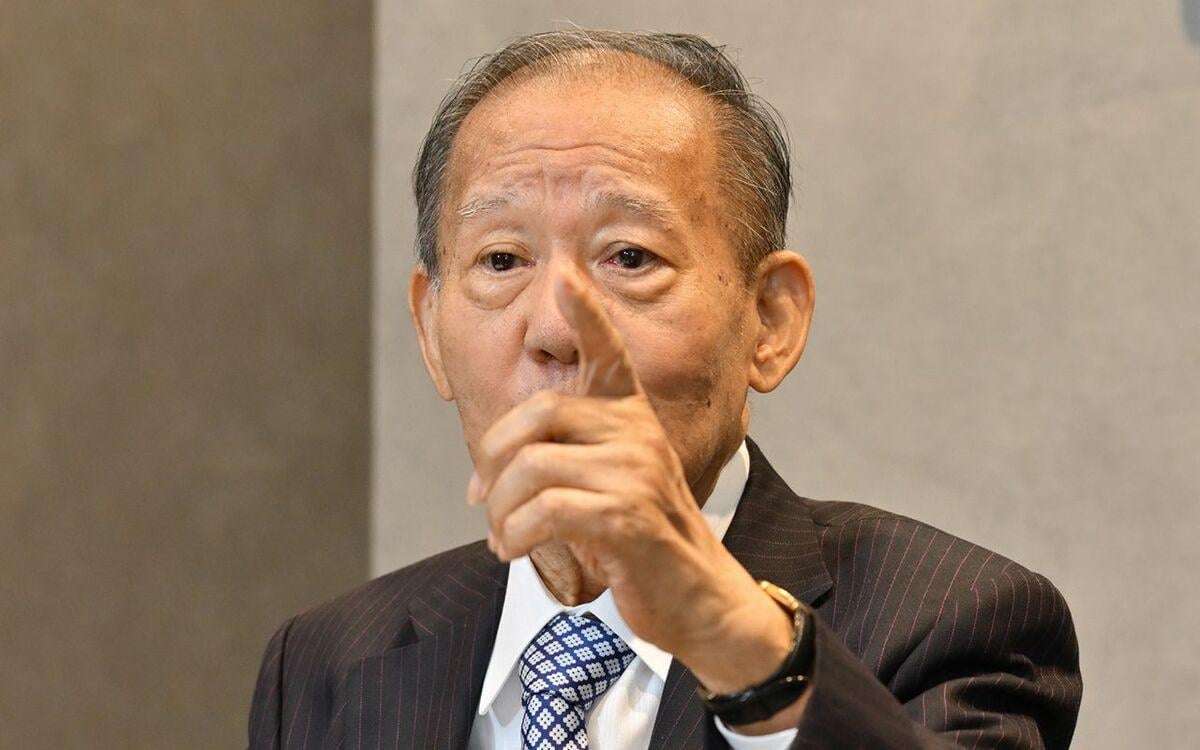
Japanese politician Toshihiro Nikai discusses the complexity of political alliances and the issue of reducing the consumption tax. Despite elections potentially changing political dynamics, Nikai suggests that adding the Democratic Party for the People to the current coalition of Liberal Democratic Party (LDP) and Komeito for stability is challenging. He also mentions a large coalition with the Constitutional Democratic Party is possible but depends on election results.
Regarding the upcoming election focus on cutting the consumption tax, Nikai warns against this popular idea without clear plans for offsetting lost revenue. He recalls the difficulties faced when the tax was introduced in 1989.
Asked about ways to improve the LDP’s standing before elections, he emphasizes listening to diverse opinions within the party. However, he notes excessive time spent in meetings doesn’t produce appealing policies for citizens.
Nikai also clarifies issues around his retirement, linked to unlisted funds at a political event. He takes responsibility for the discrepancy involving approximately 35 million yen in unlisted funds without claiming intentional misconduct. He highlights misinterpretation in media, denying personal benefit from the approximately 5 billion yen used for elections, explaining that these funds were spent primarily on national and local elections. He stated that managing these funds, which could amount to 50 million yen for a single candidate’s campaign, follows traditional practices, and while he sometimes consulted with the Prime Minister, the election funding is not typically checked by others.
by MagazineKey4532

1 comment
So there’s spending tax payers’ money for their own political campaign? This is a “traditional practice”?